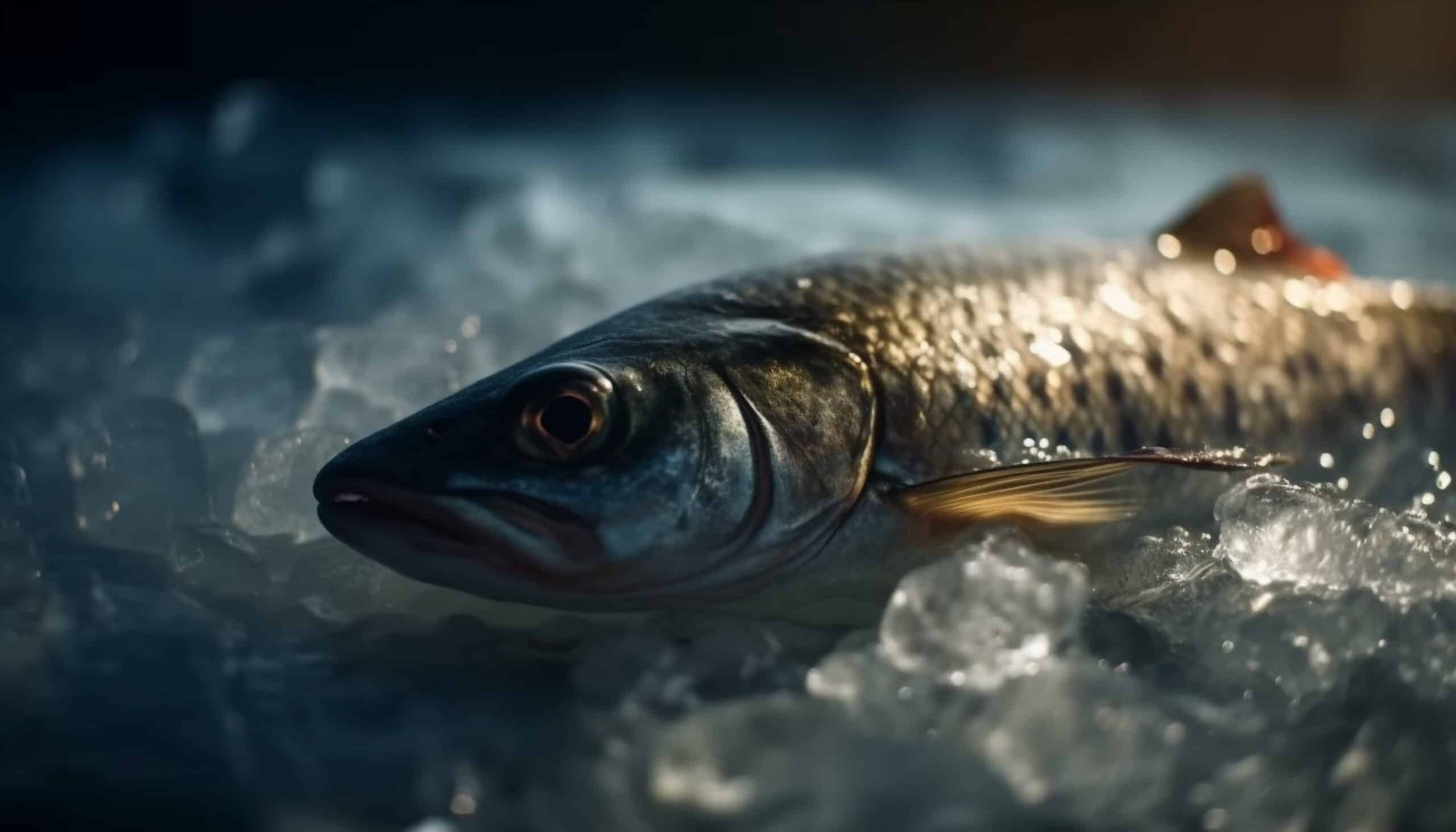What Temperature is Too High for Fish?
Key Takeaways
- The optimal temperature range for fish varies depending on the species, and it is crucial to research and understand the specific temperature preferences of the fish you intend to keep.
- A temperature above 86°F (30°C) should be avoided to prevent heat stress and potential harm to fish health.
- Heat-stressed fish may exhibit symptoms such as gasping at the water’s surface, rapid breathing, loss of appetite, and lethargy.
When it comes to keeping fish, it’s crucial to create an environment that closely mimics their natural habitat. One of the most important factors in maintaining a healthy fish tank is the water temperature. Fish are ectothermic, which means their body temperature is regulated by the surrounding environment. This makes it essential to understand the optimal temperature range for different fish species, as well as the temperature limits that can be harmful or even fatal to them.
Optimal Temperature Range for Fish
The optimal temperature range for fish varies depending on the species. Different fish have evolved to thrive in specific temperature conditions, and straying too far from their preferred range can lead to stress, illness, and even death. Unfortunately, there is no one-size-fits-all answer to the question of what temperature is too high for fish, as it varies from species to species.
In the absence of specific temperature preferences for individual fish species, it can be helpful to refer to general temperature guidelines. One reputable source, Fish Voyage, suggests that tropical fish generally prefer temperatures between 72-80°F (22-27°C). This range is commonly recommended for popular tropical species such as tetras, guppies, and angelfish.
However, it’s important to note that optimal temperature ranges can vary significantly for different fish species. For example, coldwater species like goldfish and koi thrive in cooler temperatures ranging from 50-75°F (10-24°C). On the other hand, some marine species, such as clownfish and coral reef fish, prefer warmer waters between 75-82°F (24-28°C). It’s crucial to research the specific temperature preferences of the fish you intend to keep to ensure their well-being.
Temperature Limits and Heat Stress
While it’s essential to provide fish with the optimal temperature range, it’s equally important to be aware of the upper limits beyond which heat stress can occur. Fish are highly sensitive to extreme temperatures, and prolonged exposure to high temperatures can have severe consequences for their health.
Although the specific temperature threshold for heat stress can vary depending on the species, it is generally agreed that temperatures above 86°F (30°C) should be avoided. At these high temperatures, fish may experience increased metabolic rates, oxygen depletion, impaired immune function, and even organ failure. It’s worth noting that certain species may be more tolerant of higher temperatures, but it’s always best to err on the side of caution and aim to keep the water temperature within the recommended range for the specific species.
Signs of Heat Stress in Fish
While the signs of heat stress in fish were not mentioned in the provided information, it’s important to be vigilant and observe any changes in your fish’s behavior and appearance. Heat-stressed fish may exhibit the following symptoms:
- Gasping at the water’s surface
- Rapid breathing
- Loss of appetite
- Lethargy and reduced activity
- Darkening or fading of color
- Clamped fins
- Strange swimming patterns or erratic movements
- Increased susceptibility to diseases and infections
If you notice any of these signs, it’s crucial to take immediate action to lower the water temperature and provide relief to your fish. This can be done by adjusting the temperature of the aquarium heater or using cooling devices such as fans or aquarium chillers.
Conclusion
In conclusion, the question of what temperature is too high for fish does not have a straightforward answer. The optimal temperature range for fish varies depending on the species, and it is crucial to research and understand the specific temperature preferences of the fish you intend to keep. While tropical fish generally prefer temperatures between 72-80°F (22-27°C), different species have different temperature requirements.
It’s important to avoid exposing fish to temperatures above 86°F (30°C) to prevent heat stress and potential harm to their health. Heat-stressed fish may exhibit various symptoms, such as gasping at the water’s surface, rapid breathing, loss of appetite, and lethargy. If you observe any signs of heat stress, it’s important to take immediate action to lower the water temperature and provide relief to your fish.
Related Websites:
FAQs:
Q: Why is water temperature important for fish?
Water temperature is crucial for fish survival as it affects their metabolism and overall health. Fish have specific temperature limits beyond which they may experience stress or even mortality.
Q: What are the signs that fish are stressed due to high temperatures?
Signs of fish stress in hot temperatures include behavioral changes, reduced feeding activity, increased susceptibility to diseases, and even potential mortality rates. It is important to recognize these signs and take appropriate measures to minimize stress on fish.
Q: How can anglers minimize negative impacts on fish during hot weather?
Anglers can help conserve fish during hot weather by practicing catch-and-release, selecting appropriate fishing locations, and fishing during cooler times of the day. These measures can reduce stress on fish and ensure their well-being.
Q: Where can I find more information on temperature-related fish management?
For specific information on temperature-related fish management, it is advisable to consult local fishing regulations and guidelines. Additionally, resources such as local fisheries agencies, universities, or government publications can provide further research opportunities.
Q: Why should we prioritize fish conservation and responsible fishing practices during hot weather?
It is essential to prioritize fish conservation and responsible fishing practices, particularly during hot weather, to avoid subjecting fish to excessively high temperatures. By doing so, we can help maintain healthy fish populations and preserve aquatic ecosystems.






